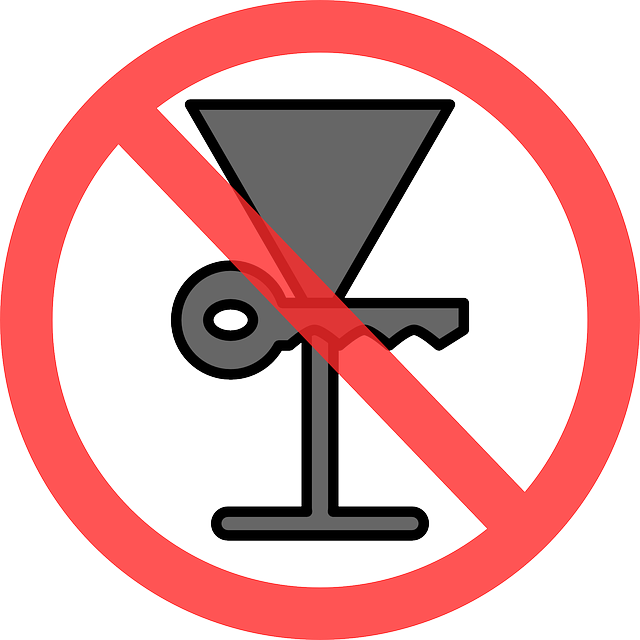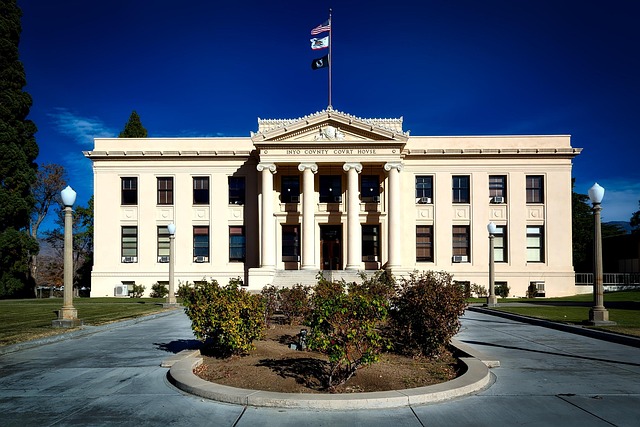Knowing Oregon's strict DUI laws (0.08% BAC limit) and following the state's guide is crucial for avoiding severe penalties, including ignition interlock devices. Police procedures ensure evidence admissibility through field sobriety tests and accurate documentation. A robust defense requires reviewing evidence, engaging a specialist attorney, and challenging test validity or procedural errors. Staying informed post-arrest and exploring defenses like evidence admissibility or unlawful stops is vital. Long-term effects include personal growth through counseling, support groups, and rehabilitation resources to address underlying issues.
In Oregon, driving under the influence (DUI) carries severe legal consequences. This comprehensive Oregon DUI guide breaks down critical aspects of navigating these cases. We explore Oregon’s DUI laws and penalties, providing insights into how evidence is gathered and police procedures examined. Learn effective defense strategies, understand post-arrest options, and discover long-term impact resources for rehabilitation. This guide is your essential tool for understanding and managing a DUI charge in Oregon.
- Understanding Oregon DUI Laws and Penalties
- Gathering Evidence: Police Procedures Examined
- Building a Strong Defense Strategy
- Legal Options After a DUI Arrest
- Long-Term Impact and Rehabilitation Resources
Understanding Oregon DUI Laws and Penalties

In Oregon, understanding DUI laws is crucial for anyone facing such charges. The state has established strict guidelines and penalties to deter drunk driving and ensure public safety. An Oregon DUI guide reveals that the legal blood alcohol limit (BAC) is 0.08% for drivers aged 21 and above. This means operating a vehicle with a BAC at or above this level is considered illegal and can lead to severe consequences.
Penalties for DUI in Oregon include fines, license suspension, and potential jail time. The penalties are often more severe for repeat offenders and may include extended suspensions or even imprisonment. Additionally, drivers convicted of DUI may be required to install an ignition interlock device on their vehicles to prevent future instances of impaired driving. An Oregon DUI guide can offer detailed insights into these laws and help individuals navigate the legal process effectively.
Gathering Evidence: Police Procedures Examined

In Oregon DUI cases, gathering evidence is a meticulous process that begins with police procedures designed to ensure admissibility in court. Officers undergo specific training for DUI stops, including the observation of driving patterns and administration of field sobriety tests (FSTs). These tests, such as the one-leg stand or walk-and-turn, are crucial for establishing probable cause. Officers must follow strict protocols to maintain the integrity of the evidence, from the initial stop to booking procedures.
The Oregon DUI guide emphasizes the importance of proper handling and documentation during investigations. Police use various tools like breathalyzers and blood testing machines, ensuring accuracy and reliability. Additionally, they meticulously document interactions, observations, and test results, which can significantly impact the case’s outcome. This meticulous approach ensures that evidence collected is admissible and helps provide a clear picture of the incident for both legal teams and courts.
Building a Strong Defense Strategy

Building a strong defense strategy is paramount in navigating Oregon’s stringent DUI laws. The first step involves thoroughly reviewing and understanding the evidence against you, including blood or breath test results, police reports, and any surveillance footage. An Oregon DUI guide recommends consulting with an experienced attorney who specializes in DUI cases to analyze these elements critically.
They can help challenge the admissibility of evidence, question the validity of procedures, and explore potential violations of your rights. This might include errors in testing methods, improper stops or searches, or failure to administer field sobriety tests correctly. A comprehensive defense strategy aims to undermine the prosecution’s case, presenting a compelling argument for your innocence based on the unique details and circumstances of your Oregon DUI arrest.
Legal Options After a DUI Arrest

After a DUI arrest in Oregon, individuals face a series of legal options and decisions that can significantly impact their case. The first step is to remain calm and exercise your right to consult with an experienced Oregon DUI lawyer. A skilled attorney can provide valuable guidance tailored to the specific circumstances of your arrest. They will help you understand the charges against you and explore various legal strategies.
In Oregon, there are several potential defenses available for those charged with DUI. These may include challenging the admissibility of evidence, questioning the validity of field sobriety tests, or arguing that the stop was unlawful. Your lawyer can assess these options, review any errors in police procedure, and build a robust defense to protect your rights and minimize potential consequences. Understanding these legal avenues is crucial for anyone navigating the Oregon DUI guide.
Long-Term Impact and Rehabilitation Resources

A conviction for Driving Under the Influence (DUI) in Oregon can have lasting consequences, often impacting more than just legal repercussions. The long-term effects extend to personal life, relationships, and future employment prospects. Many individuals struggle with shame, guilt, and a significant loss of independence post-conviction. This is why rehabilitation resources play a pivotal role in the journey towards recovery and rebuilding one’s life.
Oregon DUI guide recommends and supports access to counseling services specializing in addiction and mental health issues. These services help individuals process their mistakes, address underlying causes of substance abuse, and develop coping strategies for managing stress and triggers. Additionally, support groups offer a safe space to connect with peers facing similar challenges, fostering a sense of community and shared understanding. Rehabilitation isn’t just about legal compliance; it’s a holistic approach to healing and personal growth.






